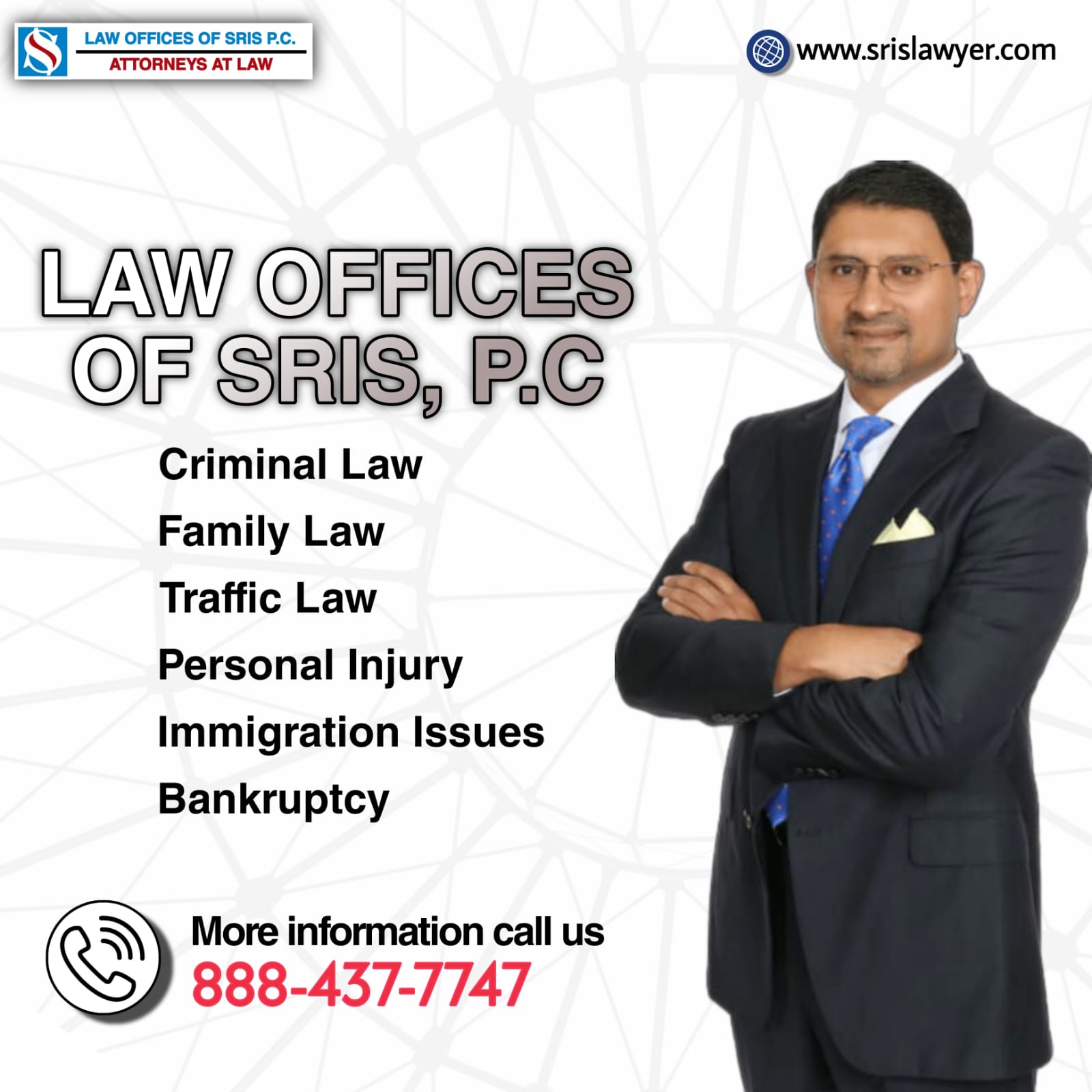Introduction:
Working with a contract dispute lawyer can be a beneficial and efficient way to navigate the complexities of contract disputes. Here is a step-by-step process of what you can expect when engaging a contract dispute lawyer:
Initial Consultation: The process typically begins with an initial consultation. During this meeting, you will discuss the details of your contract dispute with the lawyer. This includes providing relevant documents, such as the contract in question, any correspondence related to the dispute, and any other supporting evidence. The lawyer will listen to your concerns, ask questions to gain a thorough understanding of the situation, and assess the merits of your case.
Case Evaluation: After the initial consultation, the lawyer will evaluate your case. They will review the contract, relevant laws and regulations, and any supporting evidence you provided. This evaluation helps the lawyer determine the strengths and weaknesses of your case, potential legal arguments, and the likelihood of success. Based on this evaluation, the lawyer will provide you with an assessment of your options and potential strategies moving forward.
Legal Strategy Development: Once the case evaluation is complete, the lawyer will work with you to develop a legal strategy. This strategy will outline the approach to be taken in resolving the contract dispute lawyer. It may involve negotiation, mediation, arbitration, or, if necessary, litigation. The lawyer will explain the advantages and disadvantages of each option and help you make an informed decision based on your goals and priorities.
Negotiation and Communication: If negotiation is deemed appropriate, the lawyer will engage in discussions with the other party or their legal representative. They will advocate for your interests, present your position, and work towards a mutually acceptable resolution. Throughout this process, the lawyer will keep you informed of any developments, provide guidance on potential settlement offers, and seek your input on important decisions.
Alternative Dispute Resolution: If negotiation alone does not lead to a resolution, the lawyer may recommend alternative dispute resolution methods such as mediation or arbitration. In mediation, a neutral third party facilitates discussions between the parties to help them reach a mutually agreeable solution. In arbitration, a neutral arbitrator reviews the evidence and makes a binding decision. The lawyer will guide you through these processes, representing your interests and ensuring your rights are protected.
Litigation (if necessary): If all negotiation and alternative dispute resolution methods fail, litigation may be necessary. In this case, the lawyer will prepare and file the appropriate legal documents, represent you in court, and present your case before a judge or jury. Throughout the litigation process, the lawyer will provide guidance, prepare you for court appearances, and advocate for your interests.
Settlement or Judgment: Whether through negotiation, alternative dispute resolution, or litigation, the contract dispute will eventually reach a resolution. This can be in the form of a settlement agreement or a judgment from the court. The lawyer will review the terms of the settlement or judgment with you, explain the implications, and ensure that your rights and interests are protected.
Post-Resolution Support: Even after the resolution of the Commercial Contract Disputes Lawyer, the lawyer may provide post-resolution support. This can include assistance with enforcing the terms of the settlement or judgment, addressing any post-resolution issues that may arise, or providing guidance on future contract matters to prevent similar disputes.
Conclusion:
Working with a contract dispute lawyer provides you with the expertise and guidance necessary to navigate the complexities of contract disputes effectively. By following this step-by-step process, you can work collaboratively with your lawyer to achieve a favorable resolution and protect your interests.

